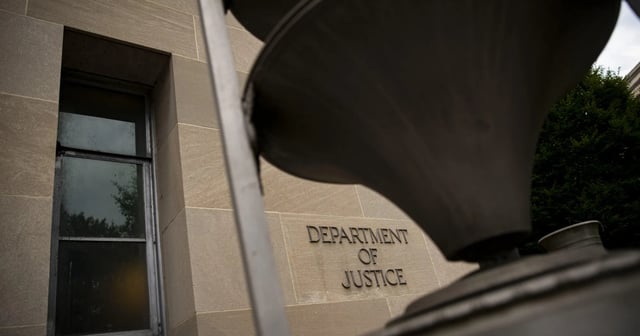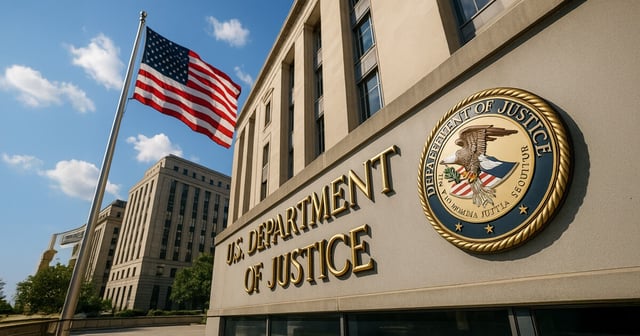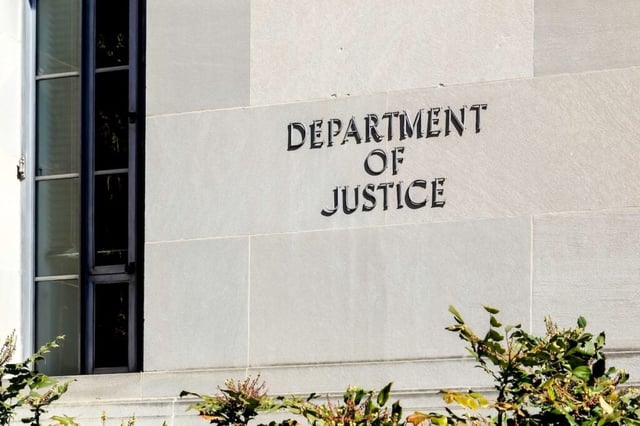Overview
- Acting Assistant Attorney General Matthew Galeotti announced the shift on Aug. 21 at a Wyoming summit hosted by the American Innovation Project.
- The department said it will move away from charging failures to register as a money transmitter without evidence that a defendant knew the legal requirements and willfully ignored them.
- New 18 U.S.C. 1960(b)(1)(C) cases will not be approved against third parties when software is truly decentralized, automates peer‑to‑peer transactions, and does not give a third party custody or control of user assets.
- Galeotti said the DOJ will not use indictments to create a de facto regulatory regime but will continue to pursue intentional crimes such as fraud, money laundering, and sanctions evasion.
- The stance builds on April guidance from Deputy AG Todd Blanche and the disbanding of the DOJ’s crypto unit, drawing praise from industry advocates and skepticism from others who note the policy is discretionary and may not affect Roman Storm’s recent conviction or any appeal.



